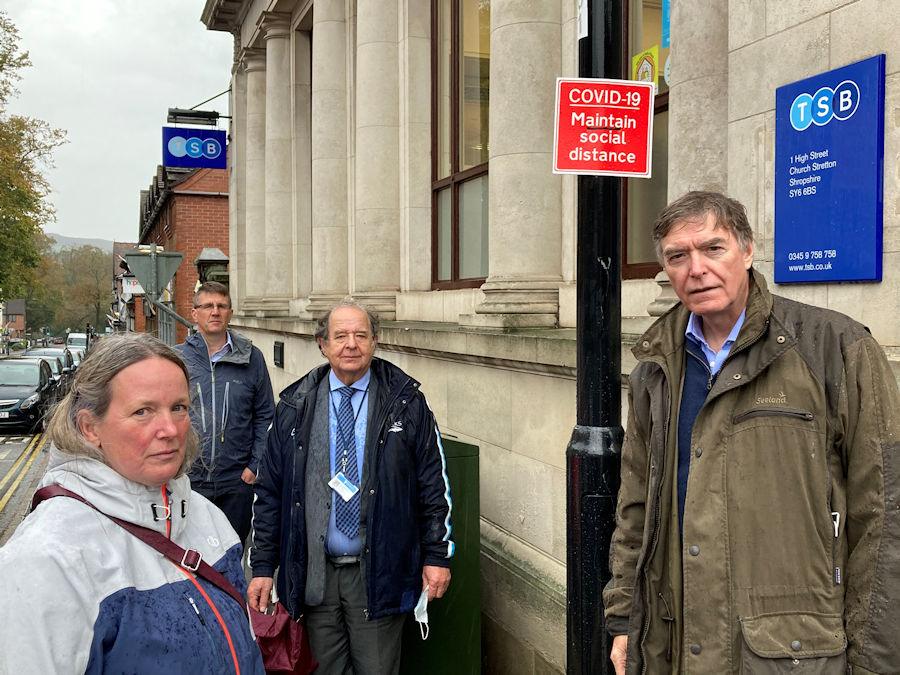The impact affects us all, but is felt particularly harshly in rural areas. With poor access to high speed broadband, a higher proportion of home workers, and no other options for mail delivery, rural residents suffer particularly badly.
Management and the unions have to resolve the strike. But the government cannot shirk responsibility for its inability, as 100% shareholder, to deliver modernisation to Royal Mail during its term of office. This was, after all, a manifesto pledge.
The recent Postal Services Bill offered the chance to solve key structural challenges to Royal Mail. But this Government bottled out of the Bill when Labour backbenchers threatened to rebel. Many will have received funding from the CWU, which has paid £6million into Labour party coffers since 2001. Individual Labour constituency branches have received 363 payments from the CWU in this period. Eight ministers, including the Chancellor of the Exchequer, have personally declared money received from this union.
This strike has provided a stark reminder of the death throes of a previous Labour administration which had lost its authority to control its union paymsters.
I want to see a sustainable postal service with a secure future and clear commitment to the universal service obligation. The best way to achieve this is to follow the independent recommendations of the Hooper report, which formed the essence of the Postal Services Bill. This would enable a sensible injection of private capital and management expertise into Royal Mail. At the same time postal workers would be able to have a direct stake in the success of Royal Mail, which would also reduce their desire to hold us all to ransom through a strike.

